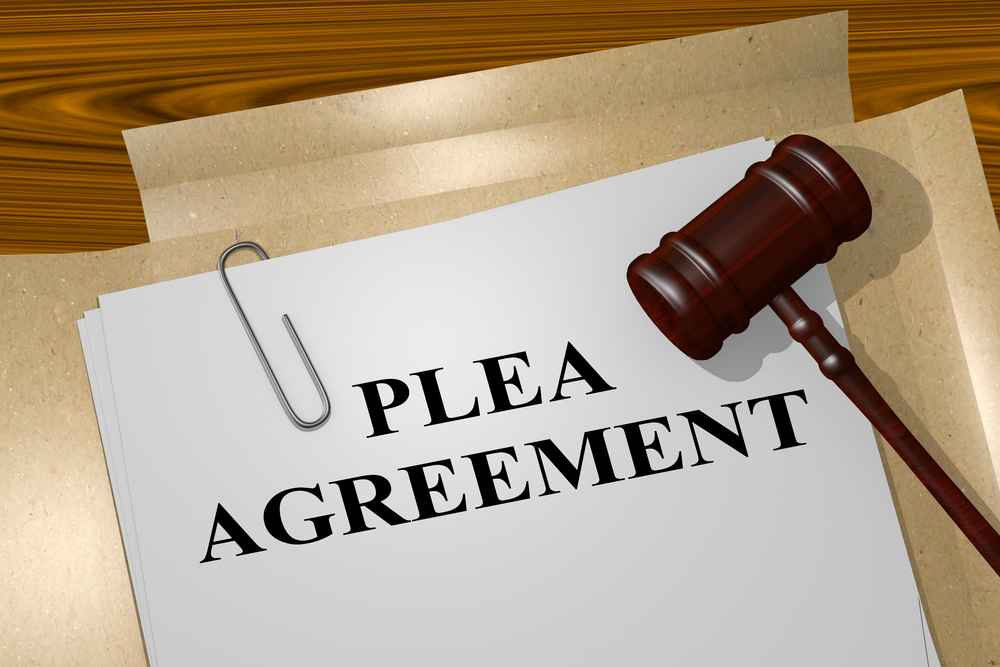What to Expect During a Plea Bargain Negotiation in Miami
Plea bargain negotiations are a common part of the criminal justice process, offering a way to resolve cases without going to trial. Understanding what to expect during these negotiations can help you navigate the process more effectively and make informed decisions about your case.
1. Understanding Plea Bargains A plea bargain is an agreement between the defense and the prosecution where the defendant agrees to plead guilty to a lesser charge or receive a reduced sentence in exchange for waiving the right to a trial. In Miami, plea bargains can vary depending on the severity of the charges and the specific circumstances of the case.
2. The Negotiation Process The plea bargain negotiation process typically involves several steps. Initially, your attorney will review the evidence against you and discuss potential plea options with the prosecutor. Your lawyer will consider factors such as the strength of the evidence, the likelihood of a conviction at trial, and the possible consequences of a plea.
During negotiations, your attorney will advocate on your behalf, aiming to secure the best possible deal. This may involve negotiating for reduced charges, a lighter sentence, or alternative sentencing options such as probation or community service. Both sides will present their arguments and evidence to reach a mutually acceptable agreement.
3. The Role of the Judge Once a plea bargain is reached, it must be approved by a judge. The judge will review the terms of the agreement to ensure they are fair and in line with legal standards. During a court hearing, you will have the opportunity to accept or reject the plea deal. If accepted, the judge will formalize the agreement and issue the sentence.
4. Potential Benefits and Risks Plea bargains can offer several benefits, including reduced charges or a lighter sentence, and the avoidance of a lengthy trial. However, accepting a plea deal also means you will have a criminal record and may face other consequences, such as mandatory counseling or restitution.
“Justice is not a private matter, but a public responsibility.” – Sir William Blackstone. This quote underscores the importance of handling legal matters with integrity and fairness. During plea bargain negotiations, it’s essential to consider both the immediate and long-term implications of the agreement. For example, accepting a plea deal might result in a lighter sentence but can also affect your future opportunities.
In summary, plea bargain negotiations in Miami involve discussing options with the prosecution, reaching an agreement, and obtaining judicial approval. Understanding this process can help you make informed decisions and achieve the best possible outcome for your case.
If you’re considering a plea bargain or need expert legal advice, contact Roy Kahn at 305-358-7400. With over 30 years of experience in criminal defense, Roy J. Kahn, P.A., provides dedicated representation to navigate the complexities of plea negotiations.
 Roy J. Kahn, with years of legal experience in a wide variety of criminal law, heads a “boutique” firm, which means that your attorney is Roy J. Kahn, not a paralegal. If you have been charged or are about to be charged with a crime—or if you have been contacted to be a witness in a federal grand jury case, you need a qualified defense. You should consult with an attorney immediately and know that you have a right to make no statement until you have consulted with an attorney To contact Mr. Kahn, he can be reached at 305-358-7400.
Roy J. Kahn, with years of legal experience in a wide variety of criminal law, heads a “boutique” firm, which means that your attorney is Roy J. Kahn, not a paralegal. If you have been charged or are about to be charged with a crime—or if you have been contacted to be a witness in a federal grand jury case, you need a qualified defense. You should consult with an attorney immediately and know that you have a right to make no statement until you have consulted with an attorney To contact Mr. Kahn, he can be reached at 305-358-7400.

Recent Comments